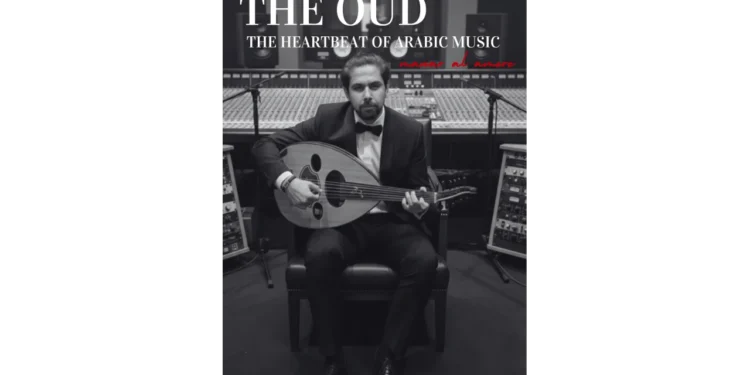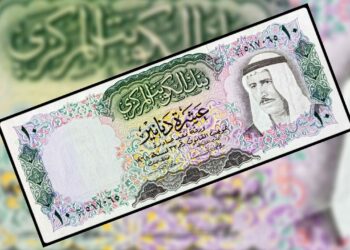The oud is not merely an instrument; it is a heartbeat that has pulsed through the soul of Arabic music for thousands of years. Its curved wooden body and warm, resonant strings carry within them the story of a civilization that expressed emotion through melody long before words were written in books. From the ancient carvings of Mesopotamia to the vibrant concert halls of modern cities, the oud has remained a faithful companion to poets, singers, and dreamers across generations.
Its sound does not shout; it whispers. The oud’s gentle voice touches the listener not through loudness but through sincerity. Every note seems to come from somewhere deep — a memory, a longing, a distant desert wind. It is said that the oud does not need translation, for its language is emotion itself. Whether played in solitude or on grand stages, it speaks directly to the human heart.
Throughout history, the oud has been the centerpiece of Arabic music, guiding the rhythms of love, exile, and spiritual reflection. It shaped the structure of the maqam, the unique system of Arabic melody that defines the emotional identity of the East. When the legendary musician Ziryab carried it from Baghdad to Andalusia, he carried with him more than an instrument — he carried a cultural heartbeat that would later give birth to the European lute and influence world music forever.
Even today, in an age dominated by digital sound and artificial beats, the oud stands as a reminder that true music begins with touch — the warmth of fingers on wood, the human breath between notes. No technology can recreate its depth, its imperfections, or its soul. It remains an echo of timelessness, a bridge between past and present, between the silence of history and the music of the heart.
For the Arab world, the oud is not an artifact to be admired; it is a living voice. It holds the tenderness of longing and the dignity of memory. Its music carries the fragrance of ancient cities, the echo of forgotten verses, and the light of endless dawns. To hear the oud is to feel the East itself breathe — a heartbeat that never fades.















